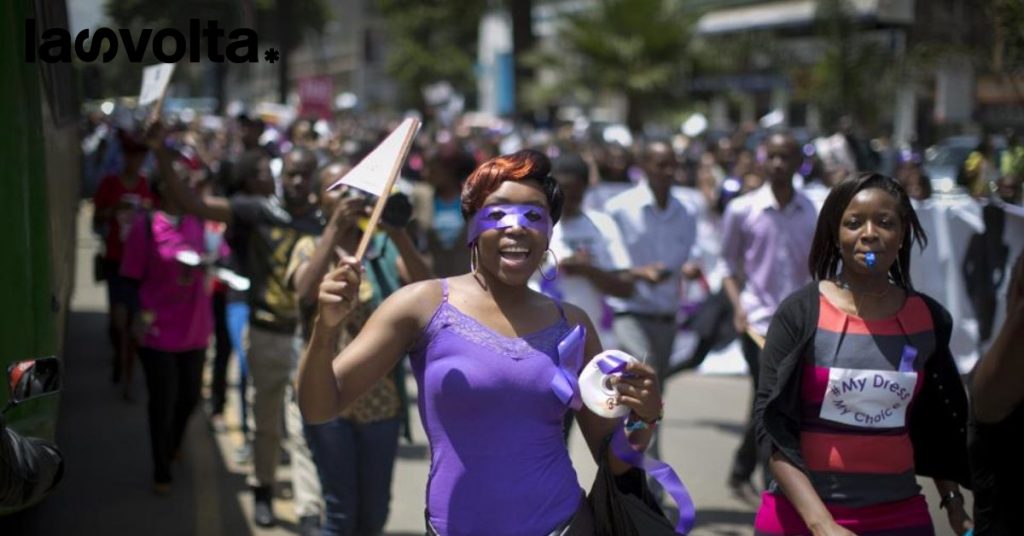Nairobi vs Rome: a different perspective on gender equality

Spending half a year in a different country changes your perspective on life. As a lawyer, it also altered my perspective on the fight forgender equalityandwomen’s empowerment.The busy life in Rome did not come as a shock for someone from an equally bustling city – Nairobi,Kenya. You see, in Nairobi,sexual harassmentand catcalling have unfortunately become a normal part of our society. I often avoid speaking of my personal instances to my Italian friends, because in all truth, the beauty of my country is more important than that. However, Kenya is far from achieving gender equality and women empowerment in legal and practical terms. Let me explain. After having several discussions with my friends inRomeand juxtaposing them with my personal experiences, I realized two main lessons. Firstly,the fight for gender equality and women empowerment is global.It is clear in both Nairobi and Rome that there is a desperate need to upraise and respect women’s rights in society. Life in Rome is comparatively peaceful for a woman from Nairobi where sexual harassment of women is sometimes vulgar, out in the open, and may become violent. One surprising aspect was the freedom to dress as you please, without constant anxiety of roadside catcalling that sometimes escalates to physical assault.Women in Nairobi cannot dress how they please,which is the foundation of theMy Dress My Choicemovement in 2014, where a woman in the Central Business District was waiting for a bus during the day while dressed in a miniskirt. A group of men surrounded her, stripped her, and assaulted her because of her clothing choice. While the Sexual Offences Act exists, the real challenge in Kenyan society lies in tackling deep-rooted societal norms. Not much has changed as it was only recently – in March 2022 – when a woman was attacked during the day by motorcycle riders who surrounded her car and assaulted her in the middle of the road. Such events and more have madeKenyan women feel unsafein their day-to-day life, which inevitably drives the focus of our fight on deconstructing at first chauvinistic beliefs before addressing other women-related issues. Nevertheless, this comparison does not negate the experience of women in Rome, which are equally important and brings me to the second lesson I realized. On the other hand,catcalling in Rome is also commonand I have been a victim of this. It is often either in form of shouting “Ciao Bella!”, mumbling “Buonasera”, or giving long stares but had never escalated further. Online reports corroborate this aspect too but none on the escalation of catcalling to physical touch. Nevertheless, there are strong emotions about the need for enacting a law against catcalling in Italy as has been done in France. The French “Loi Schiappa”law against verbal assault allows law enforcement to sanction perpetrators on the spot without trial and to the benefit of the victim who receives active redress. Both Italy and Kenya should make an effort to embody such legal efforts in the spirit of the saying“Justice must be seen to be done”. The second lesson I learned is that thefight for gender equalityand women empowerment is relative to national experiences depending on where you come from. The gender-related conversations in Nairobi are on social norms,workplace rights, property rights, and gender-based violence. Inversely, in Rome, the conversations are heavily focused on workplace rights andgender-based violence. Italy is a moderately male-dominated society that makes an active effort and dedicated funding to combat gender-related matters in comparison to Kenya. Evidently, it is hard to hold such debates without addressing the foundation, which is society’s perception of the woman. I wonder when the Kenyan people will allow their women to exist fearlessly in society. Only time will tell.